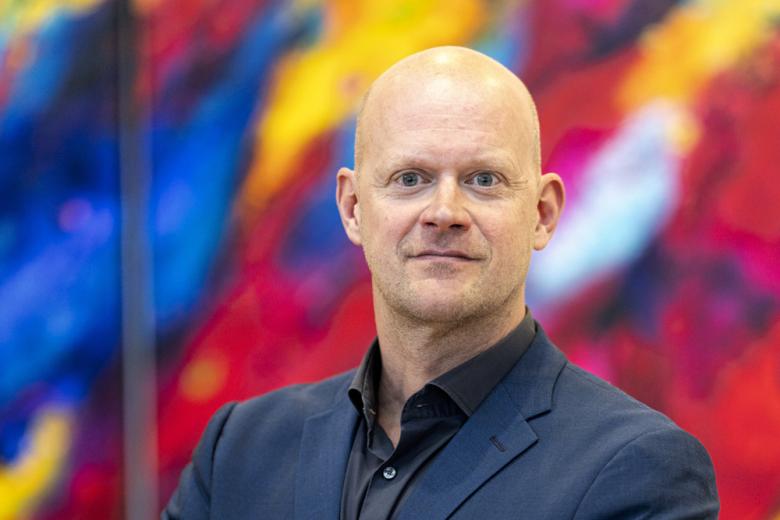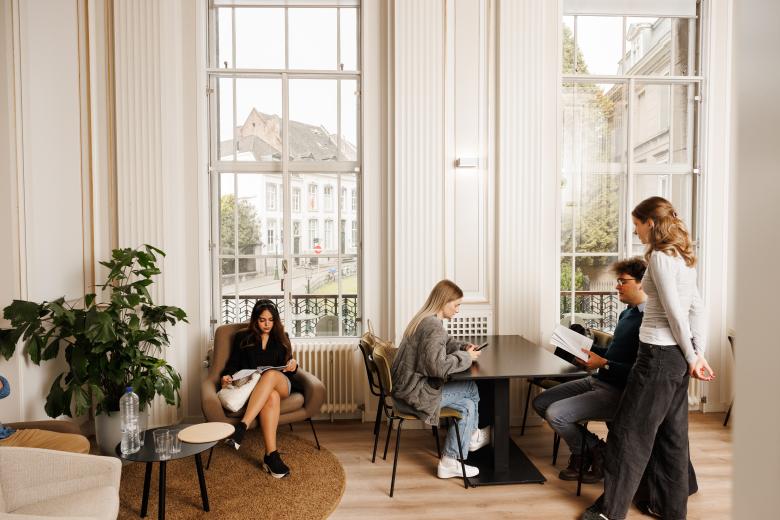Valery Lemmens (GROW) conducts research on cancer, prevention, and how society is designed for making unhealthy choices.
Most prestigious European grant to two UM scientists
- UM news
Two Maastricht University professors are to receive the most prestigious European research grant for individua

Research report: Fostering self-regulated learning at Maastricht University – Insights from educators and literature
Drawing on academic literature, good practices, and the experiences of UM teaching staff, this handbook outlines what
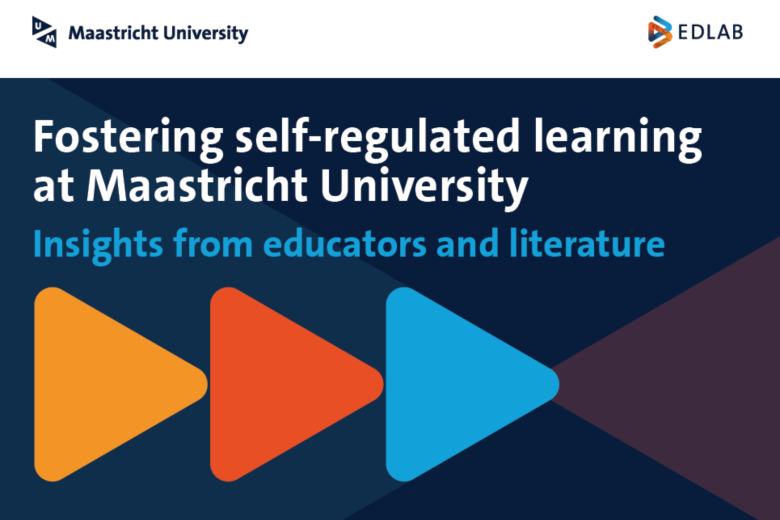
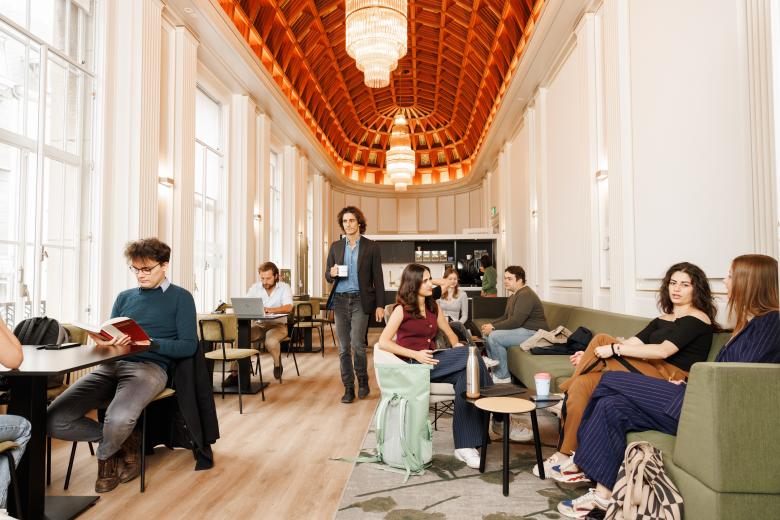
Socially engaged and curious about how government intervenes in our daily lives? This specialisation will give you insight into the legal framework behind government policy and decision-making.
1 year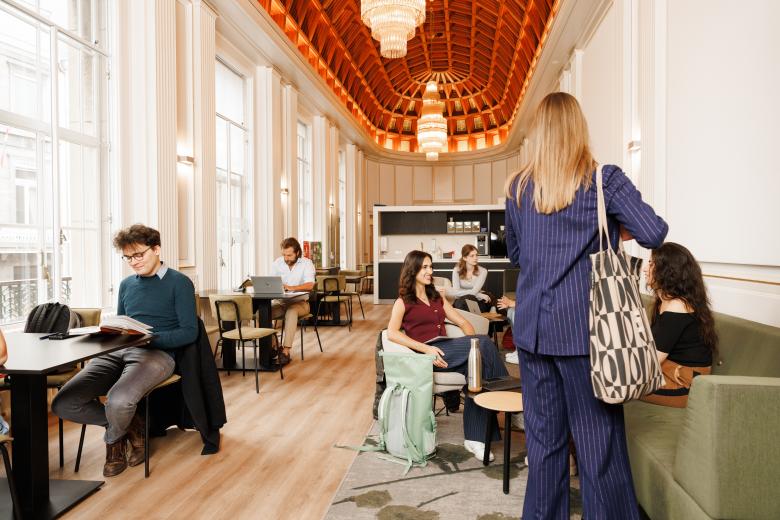
Do you want to study labour law and social security? Learn all about employment contracts, employee participation and flexible work.
1 year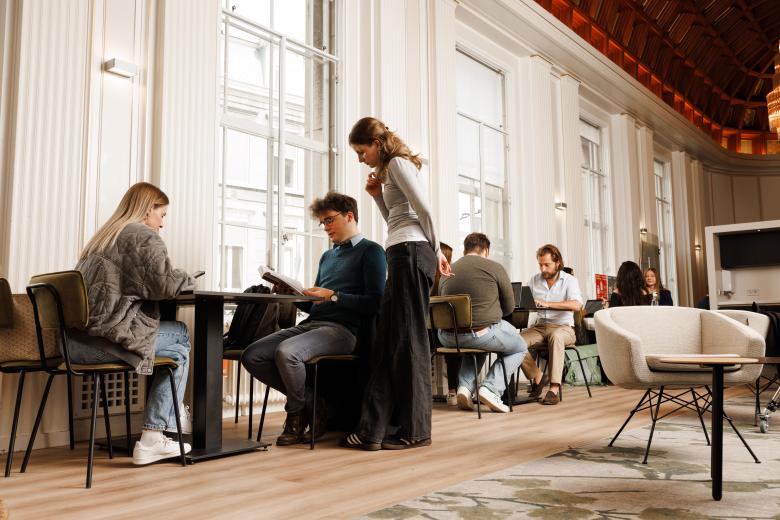
The master Privaatrecht takes you into the complex web of civil relationships. You will immerse yourself in contract, property and family law, with a strong practice-based approach.
1 year